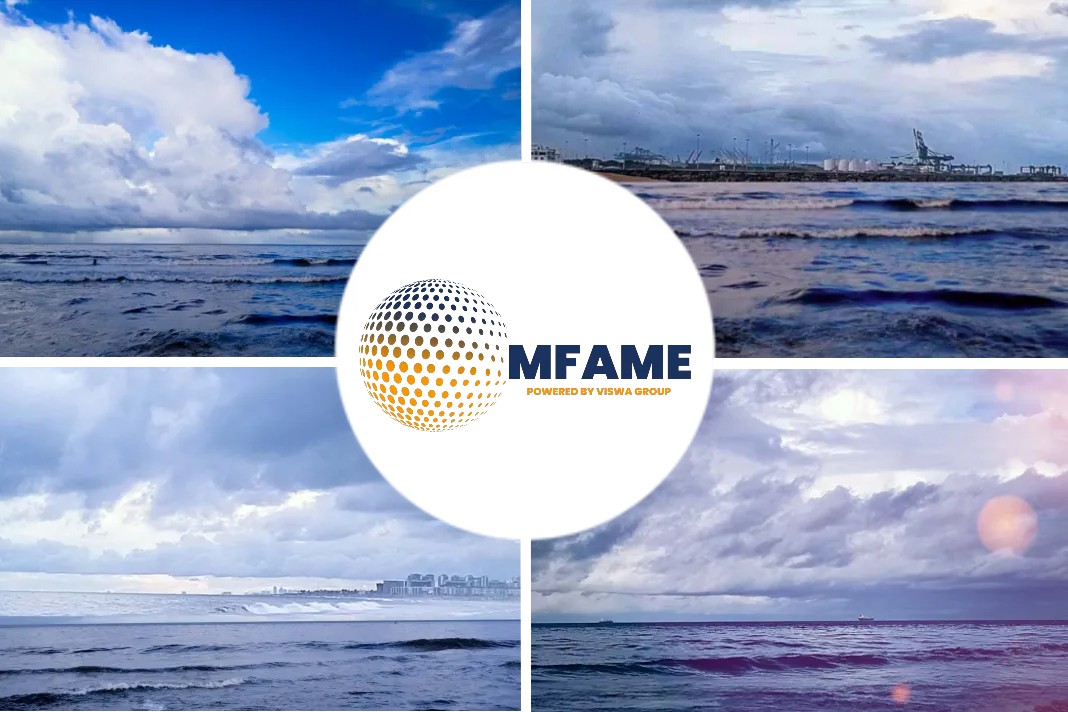
Maersk Line, a global leader in shipping and logistics, is making significant strides in its commitment to environmental sustainability. The company’s latest endeavor involves the conversion of its H-Class vessel, Maersk Halifax, to green methanol fuel, marking a significant milestone in its eco-friendly fleet transformation, as reported by Container-news.
- Maersk plans to convert its H-Class vessel, Maersk Halifax, to methanol fuel, with an option to convert ten more, as part of its sustainability strategy.
- Capacity upgrades with ‘Mickey Mouse Ears’ aim to offset the space taken by new fuel tanks, maintaining the vessel’s overall capacity.
- Maersk is expanding its fleet with compact neo-panamax vessels, positioning them as the preferred mainline vessels for the post-2M consortia period and actively addressing emissions with engine derating.
Methanol-Powered H-Class Conversion
Maersk Line continues its eco-friendly fleet strategy, announcing the conversion of the H-Class vessel, Maersk Halifax, to green fuel. The conversion will be carried out by Zhoushan Xinya Shipyard, marking a pivotal step in Maersk’s sustainability efforts.
Capacity Upgrades
Alongside the methanol conversion, Maersk is boosting the capacity of its H-Class vessels. These upgrades involve the addition of ‘Mickey Mouse Ears’ to the lashing bridges, potentially increasing total carrying capacity to around 15,800 TEU. However, this compensates for the fuel tanks added for methanol conversion, keeping the actual capacity roughly the same.
Evolution of Maersk Halifax
Maersk Halifax, formerly Maersk Honam, has a unique history, including significant damage from a cargo fire in 2018 and subsequent reconstruction. The vessel is set to undergo its five-year survey in 2024, showcasing Maersk’s commitment to maintaining safety standards.
A ‘Secret’ Orderbook and Emission Reductions
Maersk’s fleet expansion includes undisclosed compact neo-panamax vessels, underscoring its preferred vessel size for post-2M consortia operations. Additionally, Maersk’s collaboration with Wärtsilä to derate engines on older ships highlights their commitment to meeting strict emissions regulations and reducing environmental impact.
Did you subscribe to our daily newsletter?
It’s Free! Click here to Subscribe!
Source: Container-news
















